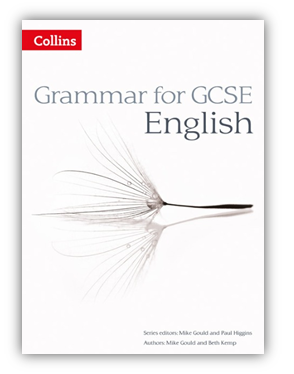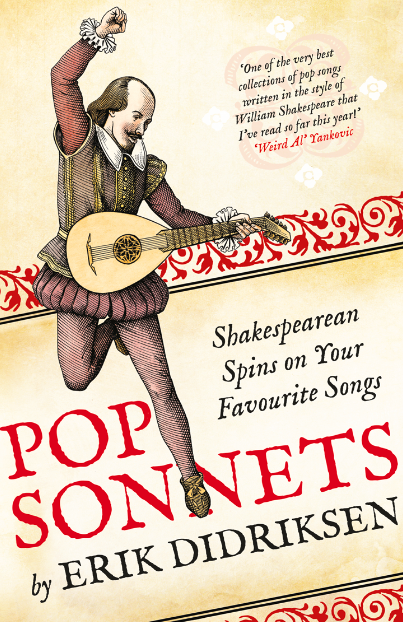I don’t know about you, but I have found the AQA English Language, Paper 1, Question 3- commenting on the structure of a text- mighty troublesome this year! As much as I try to help students identify shifts in time, character, location, and find interesting patterns,…
Read More









